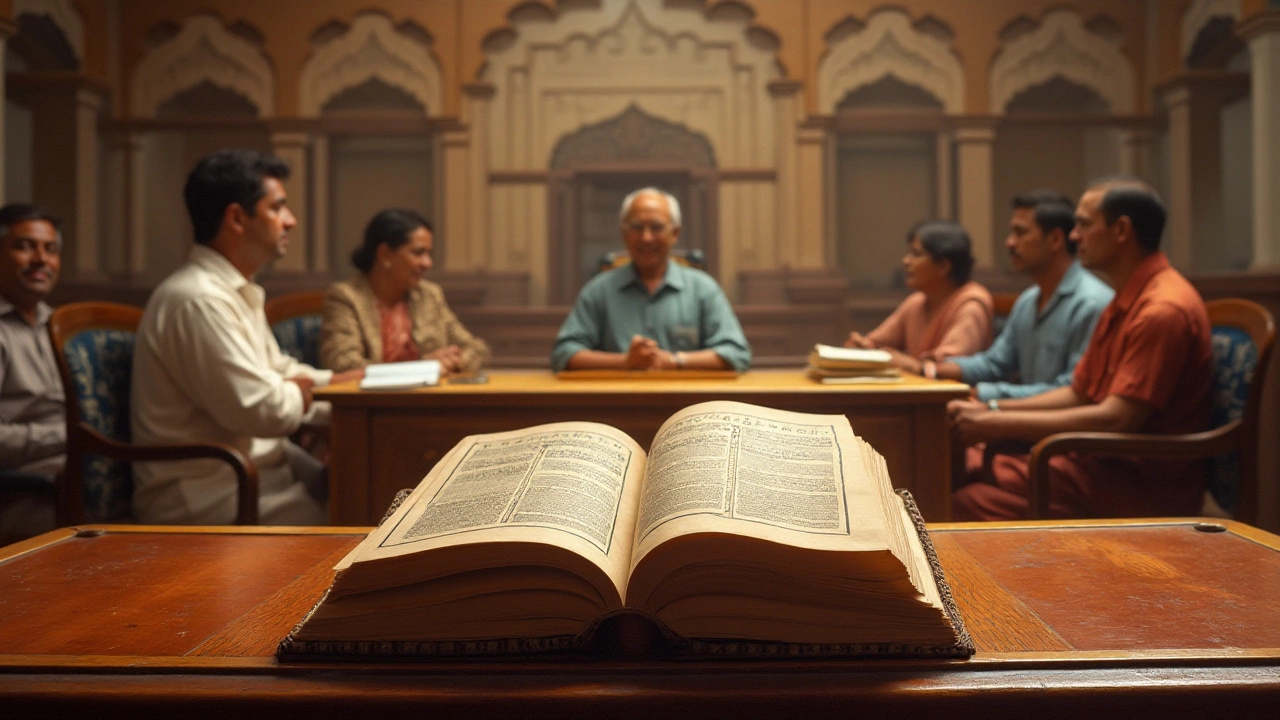Property Ownership Claim: Simple Steps to Secure Your Land Rights
If you think you might have a right to a piece of land or a house, you’re not alone. Many people in India discover they can claim ownership after living on a property for years. This guide breaks down the basics, so you can decide whether a claim is worth pursuing and how to start.
First, understand what a "property ownership claim" means. It’s a legal request to be recognized as the rightful owner of a plot, building, or even a rented space. You’ll need proof, a clear story, and a bit of paperwork. The good news? The law offers several paths, especially if you’ve occupied the land openly and without challenge.
Understanding Adverse Possession
Adverse possession is the most common way to claim land you’ve used for a long time. In India, if you occupy a property openly, continuously, and without the owner’s permission for at least 12 years, you may be able to turn that occupancy into legal ownership. The key is "continuous" – you can’t leave for months and come back and expect the same rights.
To succeed, you need to show three things: actual possession (you’re living there), exclusive possession (no one else shares the claim), and the intention to treat the land as your own. Courts will look at tax records, utility bills, and any agreements you signed. If you can line up this evidence, the 12‑year rule can work in your favor.
Common Scenarios: Tenants and the 12‑Year Rule
Many tenants wonder if they can become owners. The short answer: sometimes, but it’s tricky. If a tenant stays in a rented house for over 12 years, pays all bills, and the landlord never objects, the tenant might claim adverse possession. However, most rental agreements have clauses that prevent this, so you’ll need to check your contract carefully.
Another scenario is when a property is abandoned. If you move into a vacant plot, build a shack, and live there for 12 years without anyone raising a claim, the court may grant you ownership. This is why it’s crucial to keep records of any improvements you make – receipts for cement, bricks, or a registered map can be powerful proof.
Before you file a claim, follow these practical steps:
- Gather all documents: tax receipts, utility bills, and any written agreements.
- Take photographs showing the property’s condition over time.
- Talk to a local lawyer who knows property law in your state.
- File a petition in the civil court of the area where the land is located.
- Be ready for the court to ask neighbors for statements – their testimony can help prove continuous possession.
If the court accepts your petition, it will issue a decree that officially transfers the title to your name. After that, you must register the decree with the local sub‑registrar to update the land records.
Remember, the process can take months or even years, especially if the original owner contests the claim. Patience and solid evidence are your best allies.
In short, if you’ve lived on a property for a long time, paid the bills, and improved the land, you probably have a shot at claiming ownership. Start by checking the 12‑year rule, collect proof, and seek legal advice early. With the right steps, you can turn years of occupation into a legal title.

Tenant Rights in India: Can a Tenant Ever Claim Ownership of a Property?
In India, the relationship between tenants and landlords is governed by laws, making property ownership claims by tenants complex. While tenancy initially grants rights to use the property, it typically doesn't confer ownership rights. There are, however, exceptional situations under Indian law where a tenant might be able to claim ownership, such as long-term adverse possession. Understanding the nuances of the Indian legal framework is crucial for both landlords and tenants. This article delves into the legal rights and limitations surrounding tenant property claims in India.